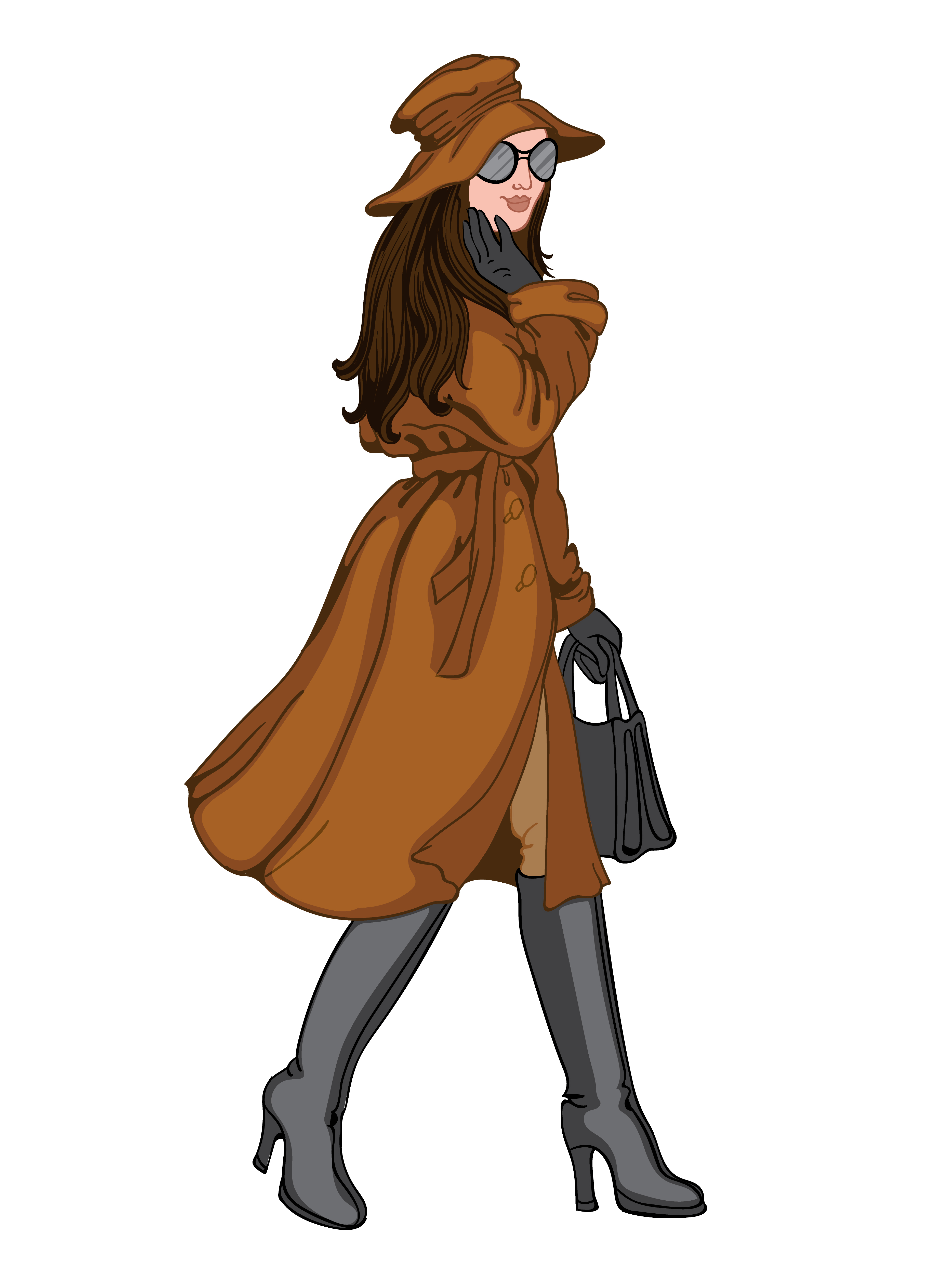"Unleash Your Creativity: Dive into Fashion Design!"
Are you ready to transform your passion for fashion into a career? Our fashion design courses are designed for aspiring designers like you! Explore your artistic potential as you learn the fundamentals of design, textiles, and fashion illustration. With hands-on projects and expert guidance, you’ll develop the skills needed to make your mark in the fashion industry. Whether you dream of creating stunning garments or launching your own brand, join us to unleash your creativity and start your exciting journey in fashion design today!

1. Fashion Design
Fashion design is the art of creating clothing and accessories that are both functional and aesthetically pleasing. Here are some key aspects of fashion design:
Duration - [ 1 to 3 years ] Rs.2500

2.Garment construction
Garment construction is the process of designing, pattern making, selecting fabric, cutting, sewing, fitting, finishing, and quality controlling clothing. It begins with a design concept and progresses through creating patterns, cutting the fabric, sewing pieces together, fitting the garment on a model, and adding final details like buttons or zippers, ensuring a polished and wearable product. Each step is essential for producing high-quality garments. If you want more details on a specific part, just let me know!
Duration - [6 to 12 month ] Rs.20000

3. Fashion Illustration
Overall, fashion illustration is a vital skill in fashion design courses, equipping students with the ability to express their creativity and ideas effectively. If you're interested in learning more about specific techniques or how it fits into a broader curriculum,
Duration - [4 to 6 month] Rs.15000

4. Emboroidert
Embroidery plays a crucial role in fashion design by enhancing garments with intricate designs, textures, and cultural significance, allowing for artistic expression and personalization. It can be executed through hand or machine techniques, contributing both visual appeal and durability to clothing. Additionally, embroidery helps create brand identity through logos and distinct designs, while evolving trends influence its incorporation in seasonal collections. Ultimately, it enriches fashion by combining creativity with functionality, making it an essential aspect of the industry.
Duration - [2 to3 month] Rs.10,000

5. Butique Coureses
Boutique courses are specialized, often short-term educational programs that focus on niche subjects or skills, typically offered by smaller institutions or independent organizations. These courses usually cater to a limited number of participants to ensure personalized attention and a hands-on learning experience. They can range from creative arts and culinary skills to advanced technology and wellness practices, appealing to those seeking to enhance their knowledge or expertise in a specific area. The intimate setting and tailored curriculum often foster a rich learning environment, encouraging interaction and engagement among participants.
Duration - [3 Month ] Rs.25,000

6. Self Courses
Self-courses in fashion design offer individuals the opportunity to explore their creativity and develop essential skills at their own pace. These courses often cover a range of topics, including sketching, textiles, garment construction, pattern making, and design theory, allowing learners to gain a comprehensive understanding of the fashion industry without the constraints of a formal classroom setting. With resources such as video tutorials, interactive assignments, and community forums, aspiring designers can cultivate their unique style, receive feedback, and build a portfolio that showcases their work. Whether for personal interest or professional development, self-courses empower students to follow their passion in fashion design.
Duration - [1 Month ] Rs.15,000

7. Garment Recreations
Garment recreation in fashion design involves reinterpreting and transforming existing clothing designs to create new, innovative pieces. This process can take inspiration from historical garments, cultural attire, or contemporary fashion, emphasizing the importance of sustainability and creativity. Designers often use techniques such as upcycling, draping, and remixing textiles to give new life to pre-existing materials. This approach not only fosters originality but also contributes to reducing waste in the fashion industry, encouraging a more circular and responsible design philosophy. By blending traditional craftsmanship with modern aesthetics, garment recreations showcase the dynamic nature of fashion and its ability to evolve over time.
Duration - [2 Month] Rs.15,000

8. Query Consulting
Query consulting in fashion design involves providing expert advice and insights to designers, brands, and businesses regarding various aspects of the fashion industry. This can include guidance on trend forecasting, market analysis, product development, branding strategies, and sustainability practices. Fashion consultants often work closely with clients to identify their specific needs and challenges, offering tailored solutions that enhance creativity while ensuring commercial viability. By leveraging their industry knowledge and experience, consultants help shape a brand's vision, streamline design processes, and ultimately create a stronger connection with consumers. This collaborative approach not only aids in achieving design goals but also positions brands effectively within a competitive marketplace.
500/ Query

9. Motivational classes
Motivational classes in fashion design aim to inspire and empower aspiring designers by fostering creativity, confidence, and a strong sense of personal style. These classes often explore the history of fashion, the importance of individuality, and the value of embracing challenges in the creative process. Through hands-on projects, guest speakers from the industry, and collaborative workshops, students are encouraged to push boundaries, develop their unique aesthetic, and cultivate a resilient mindset. Ultimately, these sessions help students understand that passion, perseverance, and continuous learning are key components in turning their fashion dreams into reality.
500/

10. Internships or Apperenticeship
In fashion design, internships and apprenticeships are essential for emerging designers to bridge the gap between education and the industry. Internships typically offer hands-on experience in various areas, such as design, production, merchandising, and marketing, allowing students to apply their skills while working alongside industry professionals in real-world environments. These short-term positions often provide insight into the day-to-day operations of fashion brands and give interns a chance to build their portfolios and network with industry contacts. Apprenticeships, however, tend to be more immersive and structured, pairing individuals with experienced designers or craftspeople who mentor them in specific skills, such as pattern-making, sewing, or textile selection. Both paths are invaluable for gaining practical experience, enhancing creative skills, and understanding the nuances of the fashion industry, ultimately preparing aspiring designers for successful careers.